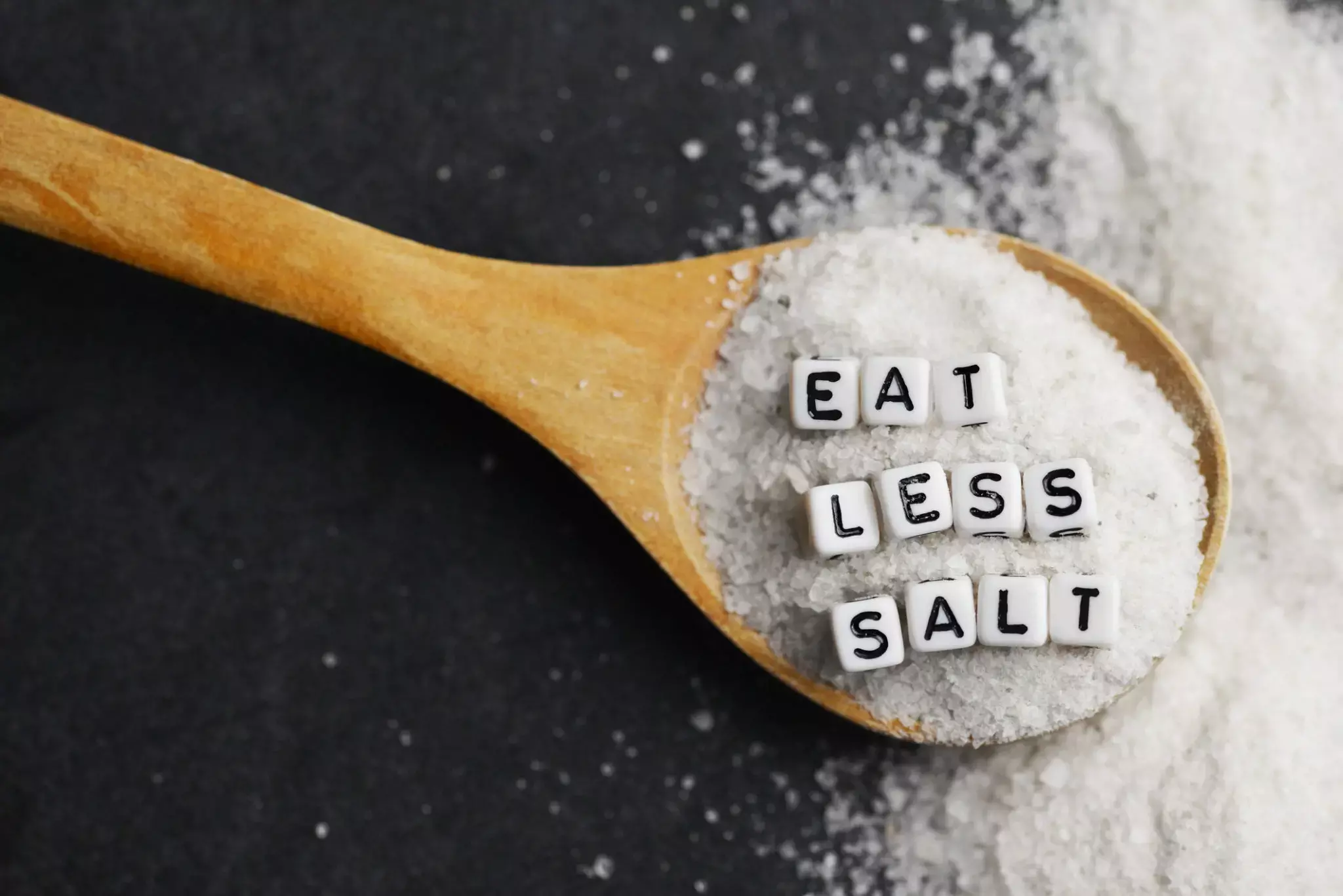- Home
- Medical news & Guidelines
- Anesthesiology
- Cardiology and CTVS
- Critical Care
- Dentistry
- Dermatology
- Diabetes and Endocrinology
- ENT
- Gastroenterology
- Medicine
- Nephrology
- Neurology
- Obstretics-Gynaecology
- Oncology
- Ophthalmology
- Orthopaedics
- Pediatrics-Neonatology
- Psychiatry
- Pulmonology
- Radiology
- Surgery
- Urology
- Laboratory Medicine
- Diet
- Nursing
- Paramedical
- Physiotherapy
- Health news
- Fact Check
- Bone Health Fact Check
- Brain Health Fact Check
- Cancer Related Fact Check
- Child Care Fact Check
- Dental and oral health fact check
- Diabetes and metabolic health fact check
- Diet and Nutrition Fact Check
- Eye and ENT Care Fact Check
- Fitness fact check
- Gut health fact check
- Heart health fact check
- Kidney health fact check
- Medical education fact check
- Men's health fact check
- Respiratory fact check
- Skin and hair care fact check
- Vaccine and Immunization fact check
- Women's health fact check
- AYUSH
- State News
- Andaman and Nicobar Islands
- Andhra Pradesh
- Arunachal Pradesh
- Assam
- Bihar
- Chandigarh
- Chattisgarh
- Dadra and Nagar Haveli
- Daman and Diu
- Delhi
- Goa
- Gujarat
- Haryana
- Himachal Pradesh
- Jammu & Kashmir
- Jharkhand
- Karnataka
- Kerala
- Ladakh
- Lakshadweep
- Madhya Pradesh
- Maharashtra
- Manipur
- Meghalaya
- Mizoram
- Nagaland
- Odisha
- Puducherry
- Punjab
- Rajasthan
- Sikkim
- Tamil Nadu
- Telangana
- Tripura
- Uttar Pradesh
- Uttrakhand
- West Bengal
- Medical Education
- Industry
Too Much Salt may Lower Immunity, Finds Study

Dietary high salt (HS) is a leading risk factor for mortality and morbidity. In a recent study, researchers have found that high salt intake disrupts mitochondrial respiration and eventually suppresses immunity. The study findings were published in the journal Circulation on April 28, 2021.
Serum sodium transiently increases postprandially, but can also accumulate at sites of inflammation affecting differentiation and function of innate and adaptive immune cells. Several studies suggest the risk of high sodium intake. However, the effect of HS at the cellular level remains understudied. Therefore, Dr Sabrina Geisberger and her team conducted a study to investigate how changes in extracellular sodium, mimicking alterations in the circulation and tissues, affect the early metabolic, transcriptional and functional adaption of human and murine mononuclear phagocytes (MNP).
In an in-vitro study, researchers used seahorse technology, pulsed stable isotope-resolved metabolomics and enzyme activity assays to characterize the central carbon metabolism and mitochondrial function of human and murine MNP under HS invivo.
They used HS as well as pharmacologic uncoupling of the electron transport chain (ETC) under normal salt (NS) to analyze mitochondrial function on immune cell activation and function.
They further conducted two independent clinical studies (invivo) to analyze the impact of an HS diet over two weeks and a short-term salt challenge by a single meal on the mitochondrial function of human monocytes.
Key findings of the study were:
- Upon in-vitro study, the researchers observed changes within 3 hours.
- They observed that extracellular sodium was taken up into the intracellular compartment followed by the inhibition of mitochondrial respiration in murine and human macrophages (MΦ).
- They found that HS reduced mitochondrial membrane potential, ETC complex II activity, oxygen consumption, and ATP production independently of the polarization status of MΦ.
- The lack of energy causes the monocytes to mature differently. "The phagocytes, whose task is to identify and eliminate pathogens in the body, were able to fight off infections more effectively. But this could also promote inflammation, which might increase cardiovascular risk," explains Müller.
- Upon in-vivo study, they noted that a rise in plasma sodium concentration within the physiological range reversibly reduces mitochondrial function in human monocytes.
- Upon 14-day and single meal HS challenge, they noted that healthy volunteers displayed a plasma sodium increase of ̃x = 2mM and ̃x = 2.3mM, respectively, that correlated with decreased monocytic mitochondrial oxygen consumption.
The authors concluded, "Our data identify the disturbance of mitochondrial respiration as the initial step by which high salt mechanistically influences immune cell function. While these functional changes might help to resolve bacterial infections, a shift towards pro-inflammation could accelerate inflammatory CVD."
For further information:
https://www.ahajournals.org/doi/10.1161/CIRCULATIONAHA.120.052788
Dr Kartikeya Kohli is an Internal Medicine Consultant at Sitaram Bhartia Hospital in Delhi with super speciality training in Nephrology. He has worked with various eminent hospitals like Indraprastha Apollo Hospital, Sir Gangaram Hospital. He holds an MBBS from Kasturba Medical College Manipal, DNB Internal Medicine, Post Graduate Diploma in Clinical Research and Business Development, Fellow DNB Nephrology, MRCP and ECFMG Certification. He has been closely associated with India Medical Association South Delhi Branch and Delhi Medical Association and has been organising continuing medical education programs on their behalf from time to time. Further he has been contributing medical articles for their newsletters as well. He is also associated with electronic media and TV for conduction and presentation of health programs. He has been associated with Medical Dialogues for last 3 years and contributing articles on regular basis.
Dr Kamal Kant Kohli-MBBS, DTCD- a chest specialist with more than 30 years of practice and a flair for writing clinical articles, Dr Kamal Kant Kohli joined Medical Dialogues as a Chief Editor of Medical News. Besides writing articles, as an editor, he proofreads and verifies all the medical content published on Medical Dialogues including those coming from journals, studies,medical conferences,guidelines etc. Email: drkohli@medicaldialogues.in. Contact no. 011-43720751


